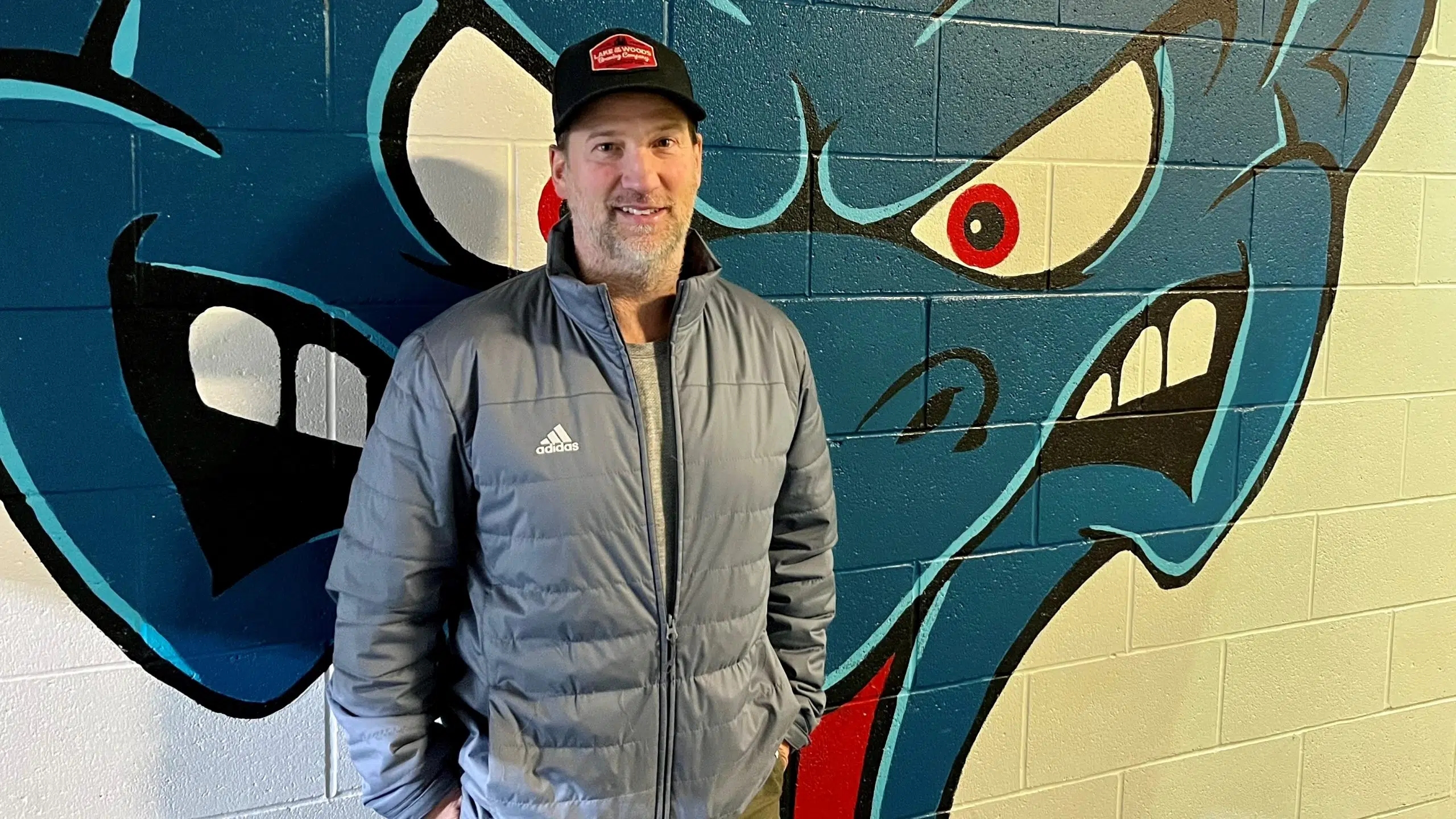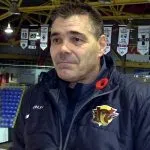
Ex-Canucks coach joins Rockets staff
Stickhandling, passing, shooting, and skating are the basic hockey skills of the game.
Enter Glenn Carnegie.
The Winnipeg resident spent 11 seasons as the skills coach for the Vancouver Canucks between 2009 and 2020.
Now a resident of Lake Country, Carnegie is the new skills coach of the Kelowna Rockets.


GREAT addition !! Now if we can just stay outta the penalty box !! 🙂